One of my C assignments was it to write an approximation of arctan(x) in the language C. The equation which I should base it on is
arctan(x)=\sum {k=0}^{\infty }(-1)^{k} \tfrac{x^{2k+1}}{2k+1}
In addition x is only defined as -1<=x<=1.
Here is my code.
#include <stdio.h>
#include <math.h>
double main(void) {
double x=1;
double k;
double sum;
double sum_old;
int count;
double pw(double y, double n) {
double i;
double number = 1;
for (i = 0; i < n; i++) {
number *= y;
}
return(number);
}
double fc (double y) {
double i;
double number = 1;
for (i = 1; i <= y; i++){
number *= i;
}
return(number);
}
if(x >= (-1) && x <= 1) {
for(k=0; sum!=sum_old; k++) {
sum_old = sum;
sum += pw((-1), k) * pw(x, (2*k) + 1)/((2*k) + 1);
count++;
printf("%d || %.17lf\n", count, sum);
}
printf("My result is: %.17lf\n",sum);
printf("atan(%f) is: %.17f\n", x, atan(x));
printf("My result minus atan(x) = %.17lf\n", sum - atan(x));
} else {
printf("x is not defined. Please choose an x in the intervall [-1, 1]\n");
}
return 0;
}
It seemingly works fine with every value, except value 1 and -1. If x=1, then the output ends with:
...
7207 || 0.78543285189457468
7208 || 0.78536
Whereas the output should look more like this. In this case x=0.5.
25 || 0.46364760900080587
26 || 0.46364760900080587
My result is: 0.46364760900080587
atan(0.500000) is: 0.46364760900080609
My result minus atan(x) atan(x) = -0.00000000000000022
How can I improve my code so that it can run with x=1 and x=-1.
Thanks in advance.
PS: I use my own created pw() function instead of pow(), because I wanted to bybass the restriction of not using pow() as we didn't had that in our lectures yet.
PPS: I'd appreciate any advice as to how to improve my code.


